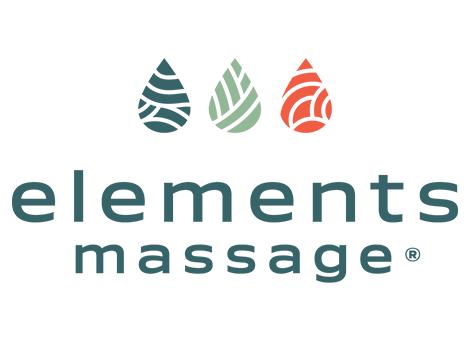The Efficacy of Massage Therapy in Speeding Recovery from Illness
Recovery from illness involves the body's return to health following infection, disease, or medical treatment. It's a process that can be influenced by various factors, including stress levels, sleep quality, and overall physical condition. Massage therapy has been identified as a potentially beneficial non-pharmacological intervention for supporting and accelerating the recovery process from illnesses by enhancing physical and psychological well-being.
Mechanisms Through Which Massage Therapy Facilitates Illness Recovery
-
Boosting the Immune System: Massage therapy has been shown to have a positive effect on the body's immune system. By increasing the activity of natural killer cells and lymphocytes, massage can help the body fight off infections more effectively, thereby potentially reducing the duration of illness (Field, 2010).
-
Reducing Stress: High stress levels can impair the immune system and slow the recovery process. Massage therapy activates the parasympathetic nervous system, reducing stress and cortisol levels, which can otherwise hinder the body's ability to heal (Diego & Field, 2009).
-
Improving Sleep Quality: Adequate rest is crucial for recovery from illness. Massage therapy can improve sleep quality by promoting relaxation, making it easier for individuals to fall asleep and stay asleep. This restorative sleep can significantly enhance the body's healing processes (Field, 2014).
-
Enhancing Circulation: Improved blood and lymph circulation through massage aids in the efficient delivery of nutrients and oxygen to cells and the removal of waste products and toxins. This enhanced circulatory efficiency can support the body's healing mechanisms and speed up recovery from illness (Crane et al., 2012).
Scientific Evidence on Massage Therapy and Recovery from Illness
Several studies have explored the role of massage therapy in illness recovery. For instance, a study by Rapaport et al. (2010) found that participants receiving Swedish massage experienced significant changes in lymphocyte numbers and decreases in levels of cytokines, suggesting an immunological boost that could aid in recovery from illness.
Field (2010) reviewed multiple studies indicating that massage therapy could reduce depression and anxiety, factors that can negatively impact recovery from illness. By mitigating these psychological factors, massage therapy can create a more favorable environment for physical recovery.
Furthermore, a clinical trial by Ironson et al. (2008) demonstrated that HIV-positive men who received massage therapy showed an increase in serotonin and a decrease in cortisol levels, alongside an increase in natural killer cells, indicating a direct beneficial effect of massage on immune system function.
Conclusion
Massage therapy, through its multifaceted effects on the immune system, stress levels, sleep quality, and circulation, offers a promising adjunct to traditional medical treatments in the recovery from illness. By supporting the body's natural healing processes, massage therapy can contribute to a shorter recovery period and improved overall health outcomes. Further research will continue to clarify the most effective massage techniques and protocols for specific illnesses and conditions, enhancing the therapeutic potential of massage in illness recovery.
References
- Crane, J. D., Ogborn, D. I., Cupido, C., Melov, S., Hubbard, A., Bourgeois, J. M., & Tarnopolsky, M. A. (2012). Massage therapy attenuates inflammatory signaling after exercise-induced muscle damage. Science Translational Medicine, 4(119), 119ra13.
- Diego, M. A., & Field, T. (2009). Moderate pressure massage elicits a parasympathetic nervous system response. International Journal of Neuroscience, 119(5), 630-638.
- Field, T. (2010). Touch for socioemotional and physical well-being: A review. Developmental Review, 30(4), 367-383.
- Field, T. (2014). Massage therapy research review. Complementary Therapies in Clinical Practice, 20(4), 224-229.
- Ironson, G., Field, T., Scafidi, F., Hashimoto, M., Kumar, M., Kumar, A., Price, A., Goncalves, A., Burman, I., Tetenman, C., Patarca, R., & Fletcher, M. A. (2008). Massage therapy is associated with enhancement of the immune system's cytotoxic capacity. International Journal of Neuroscience, 118(2), 289-304.
- Rapaport, M. H., Schettler, P., & Bresee, C. (2010). A preliminary study of the effects of a single session of Swedish massage on hypothalamic–pituitary–adrenal and immune function in normal individuals. The Journal of Alternative and Complementary Medicine, 16(10), 1079-1088.

